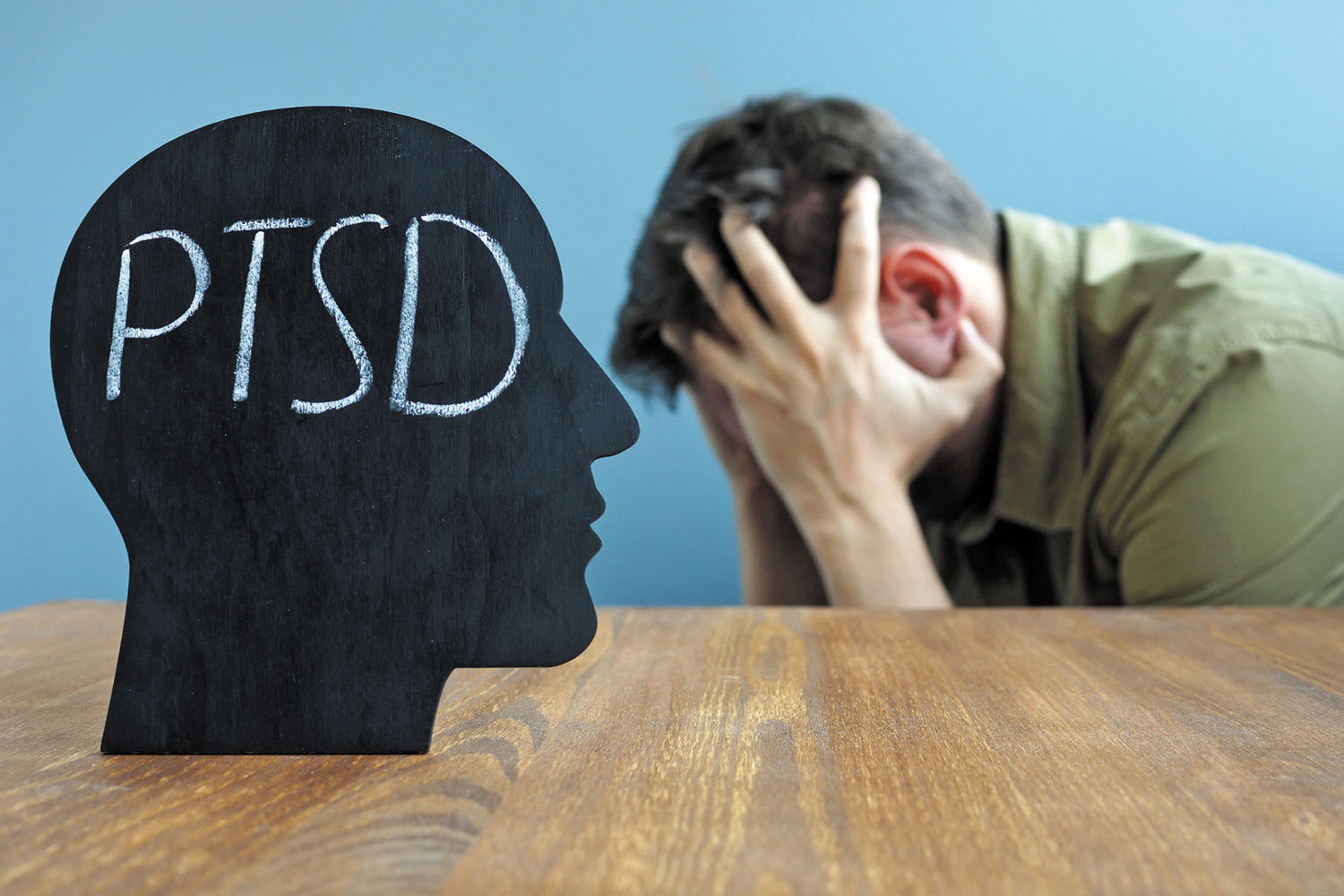Stepping out of the confines of prison after years of incarceration can be both exhilarating and daunting. For many, the anticipation of freedom is overshadowed by an insidious anxiety that creeps in like a shadow.
It might seem inexplicable—after all, the yearning for a second chance is often a burning desire. Yet, the reality of reintegration into society triggers a whirlwind of emotions.
The world outside has changed, and so have the individuals returning to it; they find themselves navigating a terrain filled with unfamiliar social norms, distant relationships, and looming uncertainties. This post-prison landscape breeds stress, sparking fears of judgment and rejection from a society that can seem unforgiving.
Understanding the nuances behind this anxiety is crucial, as it sheds light on the deeper reasons why ex-incarcerated individuals often struggle to move forward, even when the bars are gone.
Understanding the Psychological Impact of Incarceration
Understanding the psychological impact of incarceration reveals a labyrinth of emotions and mental shifts that can linger long after the prison gates close. For many, the abrupt transition from the stark prison environment to the chaotic freedom of society can feel overwhelming.
Picture this: years spent in a regimented routine, stripped of autonomy, where every decision is dictated by authority. When individuals step back into the world, they face not only the challenge of reintegration but also the ghosts of past trauma and the weight of stigma.
The internal struggle often manifests as intense anxiety, fueled by fears of judgment, failure, and the daunting task of rebuilding shattered lives. Relationships, once familiar, now seem fraught with misunderstanding, while daily life is punctuated by moments of solitude and reflection that echo the isolation of confinement.
Navigating this intricate emotional landscape is a delicate dance, punctuated by both hopeful aspirations and debilitating doubts, rendering the journey of recovery a uniquely complex and deeply personal experience.
The Emotional Toll of Incarceration

The emotional toll of incarceration extends far beyond the physical confines of prison walls, leaving profound scars on the psyche of former inmates. As they step into the outside world, an overwhelming tidal wave of anxiety often crashes over them—a stark contrast to the rigid structure of prison life they’ve grown accustomed to.
This is not merely a result of having endured isolation; it is the culmination of deep-seated fears about reintegration, societal rejection, and the burden of past mistakes. Memories of confinement, coupled with the haunting uncertainties of a future uncharted, can trigger a relentless cycle of self-doubt and despair.
The previously unthinkable—social interactions, securing employment, or even finding safe housing—morphs into daunting challenges that feel insurmountable. Its a paradox: freedom, which should evoke exhilaration, instead morphs into a crucible of panic for those who have been incarcerated, illuminating how profoundly the experience of imprisonment resonates long after release.
Coping with Trauma and PTSD

Coping with trauma and PTSD after prison release can feel like an overwhelming journey through a fog-laden maze, where each corner turned may reveal both familiar shadows and unfamiliar fears. The stark transition from incarceration to freedom often triggers painful memories and flashbacks, sending the mind spiraling into a whirlpool of anxiety and self-doubt.
To navigate this tumultuous landscape, it’s crucial to establish a support system that might include therapists, peer groups, or trusted friends who can provide a listening ear and empathetic understanding. Integrating coping mechanisms such as mindfulness practices, journaling, or even physical exercise can help ground someone in the present, breaking the hold of past traumas.
Yet, recovery doesn’t adhere to a linear path; it ebbs and flows, presenting weeks of progress followed by moments of regression. Recognizing this unpredictability can foster resilience and encourage individuals to reclaim their narrative amidst the chaos.
Conclusion
In conclusion, the emotional and psychological toll of reentering society after a period of incarceration can manifest as heightened anxiety, particularly for individuals like black men who often face additional societal pressures and discrimination. Factors such as social isolation, the struggle to secure stable employment, and the stigma associated with a criminal record contribute to these feelings of unease.
Understanding the multifaceted nature of this issue is crucial for providing effective support systems that can help ease the transition to freedom. By addressing the root causes of anxiety, fostering community connections, and promoting mental health resources, society can play a pivotal role in helping formerly incarcerated individuals rebuild their lives and overcome the challenges that lie ahead.



